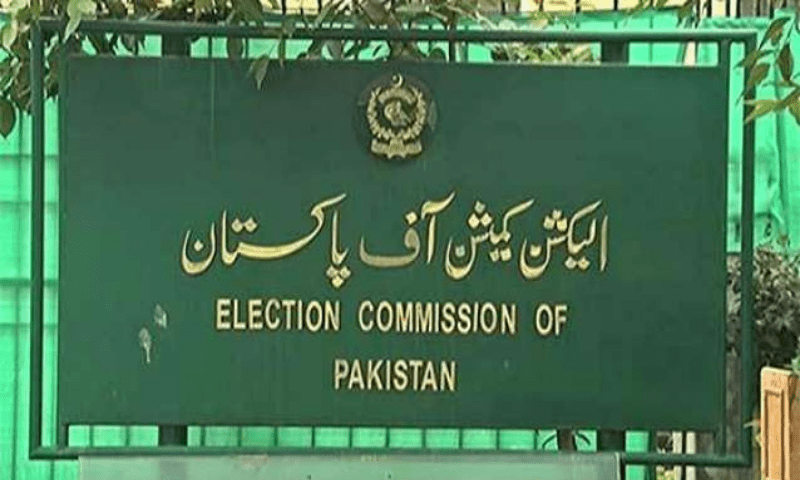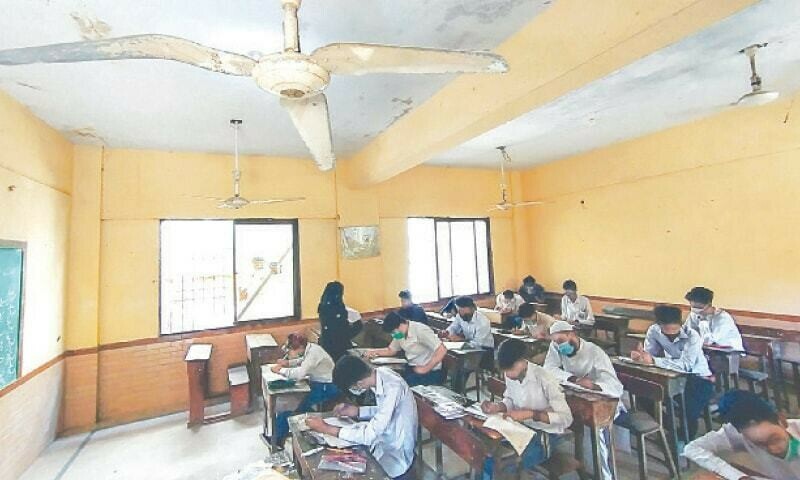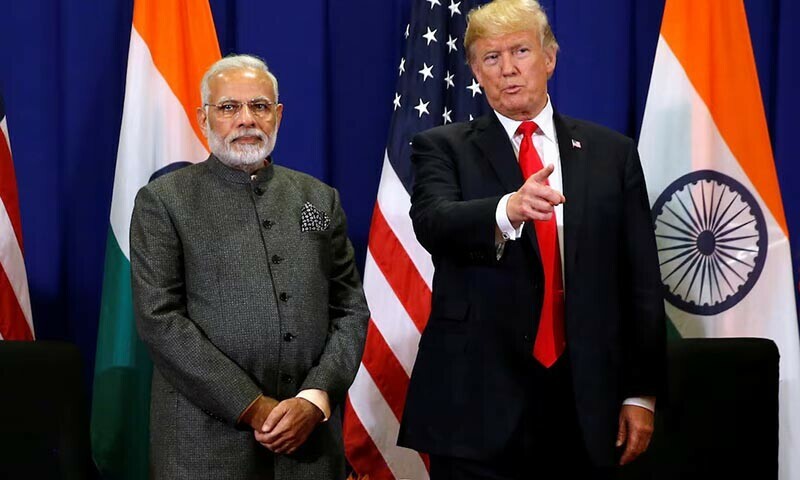THE ECP has once again earned a detailed reprimand from the Supreme Court, this time over its decision to de-seat an independent lawmaker whom the ruling PML-N had ‘claimed’ as one of their own.
Finding that the ECP does not have jurisdiction to conclusively determine whether an affidavit stating that the lawmaker in question had joined the PML-N was genuine or not, the SC had set aside the commission’s decision to de-seat the lawmaker in question for not voting in line with the PML-N’s directives on the 26th Amendment.
Furthermore, the court also made note of substantial evidence suggesting that the lawmaker had declared his allegiance to the Sunni Ittehad Council both in the form of a written and signed declaration to the ECP and publicly. Not only that, but the PML-N’s party head had also failed to provide a single instance that demonstrated that the lawmaker had been a member of their parliamentary party.
That the ECP chose to adopt the ruling party’s stance despite it being “contrary to the weight of the material on record” has prompted a separate note from Justice Ayesha Malik, who has questioned why the commission continues to exceed its bounds by repeatedly taking cover behind its status as a constitutional body.
Recalling that “the primary duty of the ECP is to ensure free, fair and transparent elections”, Justice Malik has reminded it that “on a constitutional plane, the ECP is not the master rather the forum or organ that must perform the task which lies at the heart of the constitutional democracy.” Underlining that the ECP is “duty bound to ensure that those elected by the people remain in government”, the honourable justice notes that it is a solemn observance of this duty that maintains the integrity of the elections and later gives legitimacy to the government.
“It is unfortunate that despite clear pronouncements by this Court, the ECP conducts itself in a manner that is not in line with its constitutional duty rather aligned with the notion that they have the constitutional power to disregard other constitutional institutions and the basic right of the vote,” Justice Malik regrets in her conclusion.
It is not the first time the commission has acted thus. Indeed, time and again, it has behaved as if it has no obligation to uphold the standards of freedom, fairness and transparency that have been prescribed to it along with the duties delegated by the Constitution.
The results of its institutional contemptuousness have been plain for all to see: a government that struggles daily to establish its legitimacy, pervasive and persistent political instability, and increasing disillusionment among the public regarding the Pakistani state’s capacity to fulfil its existential needs. That it still refuses to correct course is ominous indeed.
Published in Dawn, January 22nd, 2025





Leave a Reply